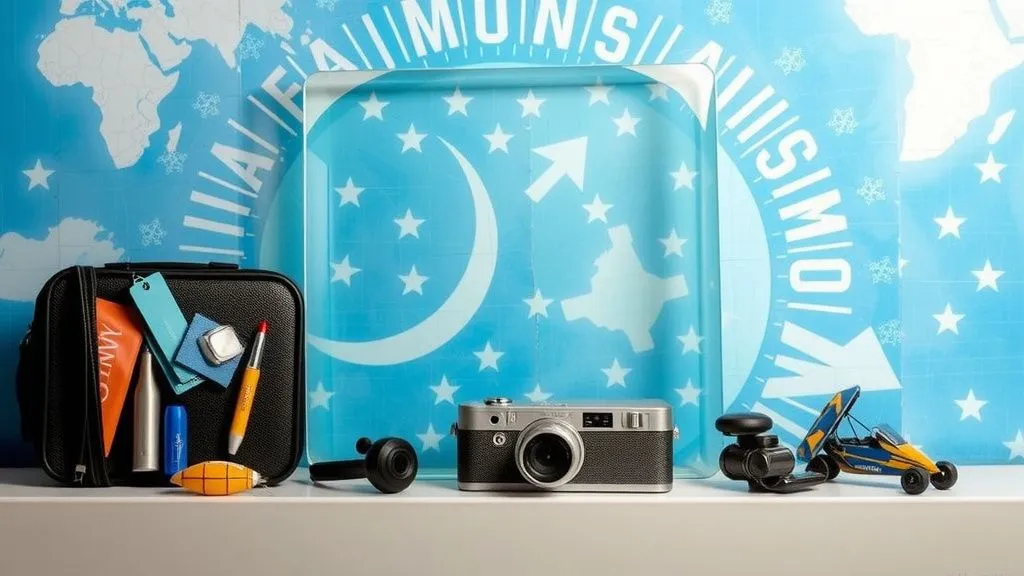Money-Saving Tips for Rock Climbing
Rock climbing is an exhilarating and challenging sport that allows you to push your physical and mental limits. However, it can also be an expensive hobby, with the cost of gear, gym memberships, and outdoor trips adding up quickly. If you're a budget-conscious climber looking to save some money without compromising on your passion, we've got you covered. In this article, we'll share some money-saving tips for rock climbing that will help you enjoy this incredible sport without breaking the bank.
1. Buy Used Gear
Gear is one of the most significant expenses in rock climbing, but you don't have to buy everything brand new. Consider purchasing used gear from reputable sources like climbing forums or second-hand gear shops. Make sure to thoroughly inspect the gear before buying it and check for any signs of wear or damage.
2. Rent Gear
If you're just starting out or going on a short trip, renting gear can be a cost-effective option. Many climbing gyms and outdoor retailers offer gear rentals at reasonable prices. This way, you can try different types of equipment before deciding which ones to invest in.
3. Share Transportation Costs
Rock climbing often involves traveling to different locations, which can be expensive if you're driving alone. Consider carpooling with other climbers in your area to share transportation costs such as gas and tolls. You can also join online communities or local clubs to connect with fellow climbers who are planning similar trips.
4. Cook Your Own Meals
Eating out can quickly drain your wallet, especially during multi-day climbing trips. Instead of relying on restaurants or fast food joints, bring your own food and cook meals at your campsite or accommodation. Not only will this save you money, but it also allows you to customize your meals according to your dietary preferences and nutritional needs.
5. Camp Instead of Staying in Hotels
If you're planning a climbing trip, consider camping instead of booking expensive hotel rooms. Camping not only saves you money on accommodation but also brings you closer to nature, creating a more immersive experience. Just make sure to research and follow the local regulations and guidelines for camping in the area.
6. Take Advantage of Free Climbing Areas
While climbing gyms are convenient for regular training sessions, they can be costly in the long run. Look for outdoor climbing areas that offer free access and utilize them as much as possible. Not only will this save you money, but it will also allow you to experience the beauty of natural rock formations.
7. Share Guide Costs
If you're planning on hiring a guide for outdoor climbing trips, consider sharing the costs with other climbers. Group rates are often more affordable than individual rates, and you'll get the added benefit of learning from others' experiences and skills.
8. Attend Climbing Festivals or Events
Climbing festivals and events are great opportunities to connect with fellow climbers, learn new skills, and enjoy discounted gear prices. Keep an eye out for local or regional climbing festivals where vendors often offer special deals on gear and equipment.
9. DIY Training Equipment
You don't always need fancy gym equipment to train for rock climbing. Many essential exercises can be done using simple household items or DIY equipment made from inexpensive materials like PVC pipes or wooden boards. Look up online tutorials or ask experienced climbers for ideas on creating your own training tools.
10. Take Care of Your Gear
Proper maintenance and care of your gear can significantly extend its lifespan, saving you money in the long run. Follow the manufacturer's instructions for cleaning and storing your gear, and regularly inspect it for any signs of wear or damage. Taking care of your gear not only saves you money but also ensures your safety while climbing.
By implementing these money-saving tips, you can continue pursuing your passion for rock climbing without straining your budget. Remember, climbing is about the experience and personal growth, so focus on enjoying the journey rather than spending a fortune on unnecessary expenses.


